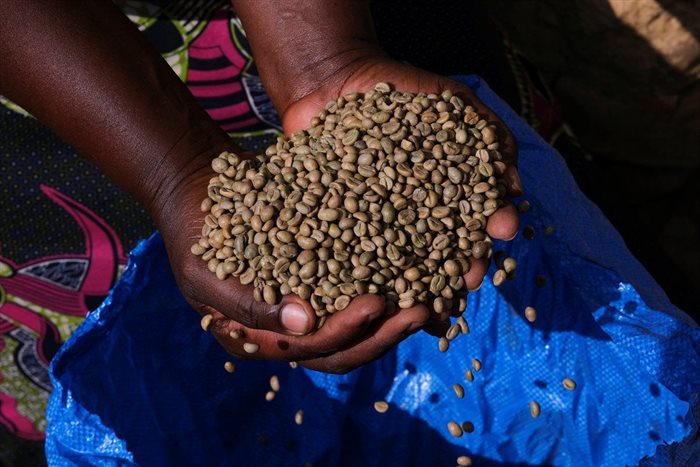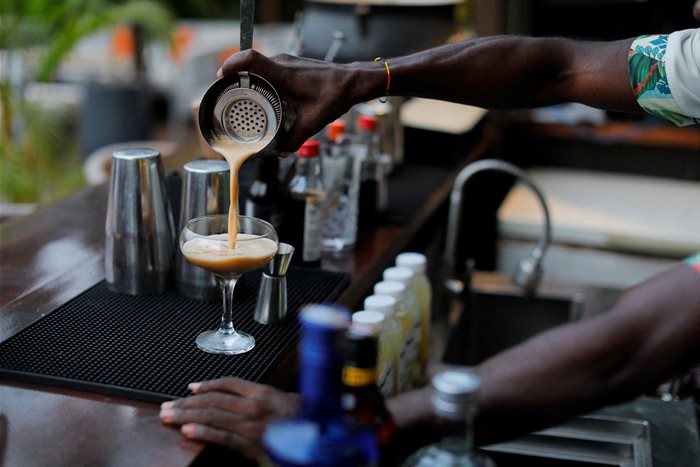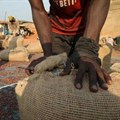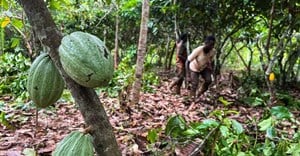Female-owned farms and companies are growing Ghana's taste for coffee

Ghana is the world's second-largest cocoa producer behind neighbour Côte d'Ivoire, but is one of Africa's smallest in terms of coffee output. Most smallholder farmers lack access to the resources needed to market their beans.
Benedicta Tamakloe, a former computer science teacher and founder of the Accra-based roaster Bean Masters, decided to help by working with female farmers who were struggling in the male-dominated sector.
"At first, I just wanted to help these women in my home village find buyers," Tamakloe told Reuters, thinking back to when Bean Masters, one of the few female-owned coffee companies in Ghana, began in 2018.
"Then a friend told me: you have to be in the game to know the game," she said.
Bean Masters exclusively sources beans from female-owned farmers who form a collective of around 200 growers - the country's largest of its kind which also helps members harvest their crop.
"We want to ensure we're getting the best beans possible," Tamakloe said to Isha Pagniw, owner of a farm near the top of a forested mountain on Ghana's eastern border with Togo where a group of women were plucking bright red coffee fruit from branches dappled by the morning sun.
As the women worked, Tamakloe walked among them with a device to test the coffee beans' moisture content.
Funding development projects
The collective produced around 10 tonnes of coffee last year, much of which Tamakloe roasts herself at a chocolate factory in Accra. A portion of the proceeds funds development projects in the villages where the women farm.
Today, Bean Masters coffee is mostly sold in bulk to high-end restaurants and hotels. But Tamakloe aims to expand her production of retail-sized bags this year to make Bean Masters available to all kinds of consumers.

At Kozo, an Afro-Asian fusion restaurant in Accra, Tamakloe and the staff sipped espressos made with Bean Masters coffee. The owner visited Pagniw's farm with Tamakloe in 2021 and has exclusively stocked Bean Masters ever since.
"It's a company that fosters women empowerment, sustainability and authenticity," said aspiring sommelier Ivy Esinam Lanyoh. "That is a vision that needs to be supported."
Source: Reuters

Reuters, the news and media division of Thomson Reuters, is the world's largest multimedia news provider, reaching billions of people worldwide every day.
Go to: https://www.reuters.com/






















